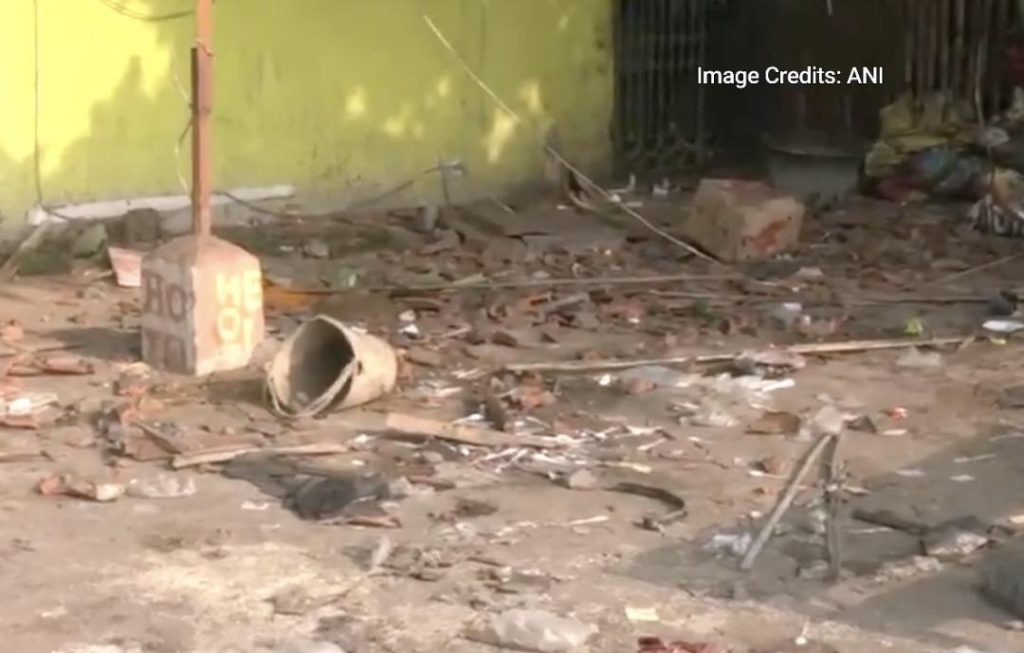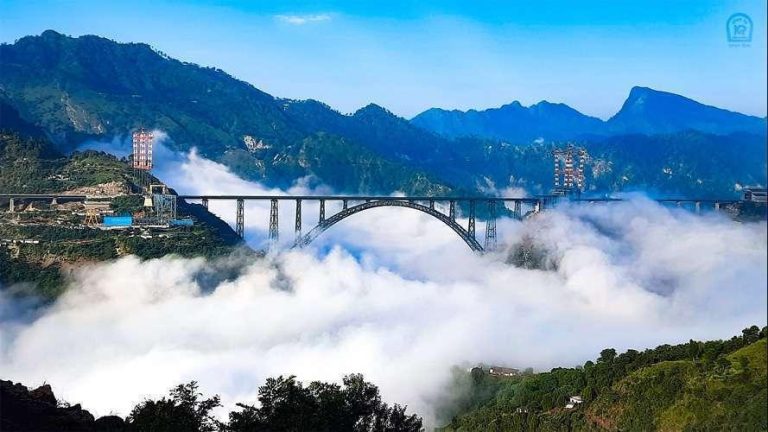
5,000 Disrupt Services, Pelt Stones at Bengal Railway Station During Protest Against Waqf Act
A dramatic scene unfolded at the Dhulianganga railway station in West Bengal on Friday, as nearly 5,000 protesters disrupted train services and pelted stones, affecting the movement of a key express train. The agitation was sparked by a protest against the Waqf Act, a legislation aimed at regulating and managing the properties of Wakf Boards, which manage religious and charitable trusts.
According to reports, the protesters, who were mostly Muslims, gathered at the station around 1 pm and began disrupting train services. The mob, comprising mostly young men and women, targeted the Kamakhya-Puri Express, one of the busiest trains in the region. The protest was a manifestation of the growing discontent among certain sections of the Muslim community over the Waqf Act, which they believe compromises their religious and cultural identity.
Eyewitnesses described the scene as chaotic, with protesters shouting slogans and throwing stones at the railway station. The protesters, who were reportedly armed with sticks and iron rods, clashed with the police, who tried to disperse them. The situation was tense, with both sides engaging in a heated standoff.
A railway guard, who witnessed the chaos firsthand, described the scene as “utter chaos”. “The mob gathered after 1 pm and started pelting stones. Many things were destroyed, and the signal couldn’t be passed,” he said, adding that the protesters were determined to disrupt the train services.
The disruption caused significant inconvenience to passengers, who were stranded at the station for several hours. Many passengers, who were traveling to their destinations for work or leisure, were left frustrated and angry by the sudden disruption.
The protesters, who were demanding the repeal of the Waqf Act, claimed that the legislation was an attempt by the government to encroach upon their religious and cultural heritage. They alleged that the Act would lead to the takeover of Waqf properties by the government, which would compromise their religious identity.
The dispute over the Waqf Act has been simmering for months, with several Muslim organizations and leaders voicing their opposition to the legislation. The controversy has taken on a political hue, with opposition parties and some Muslim leaders accusing the ruling party of trying to exploit the Act for political gains.
The government, however, has maintained that the Waqf Act is necessary to regulate and manage the properties of Wakf Boards, which have been plagued by mismanagement and corruption. The government has also assured that the Act will not compromise the religious and cultural identity of the Muslim community.
The incident at the Dhulianganga railway station has raised concerns about the growing tensions and protests in the state. The government has promised to take all necessary measures to ensure law and order, and to protect the rights and interests of all citizens.
As the dispute over the Waqf Act continues to simmer, the incident at the Dhulianganga railway station serves as a stark reminder of the need for dialogue and reconciliation. The government and opposition parties must work together to find a solution to the controversy, which must be fair and just for all parties involved.






